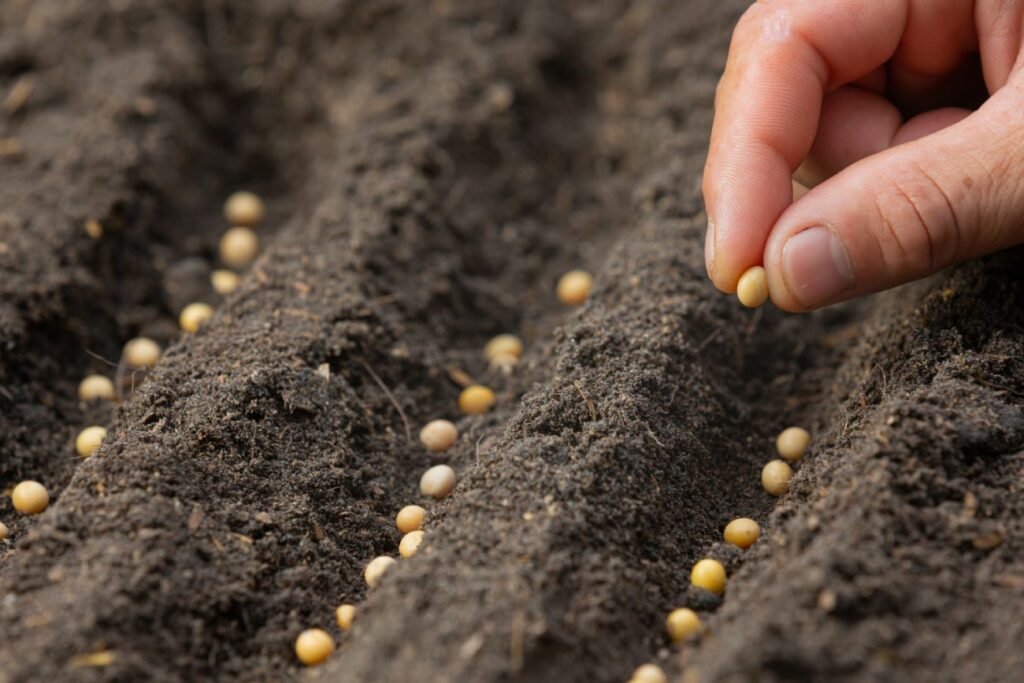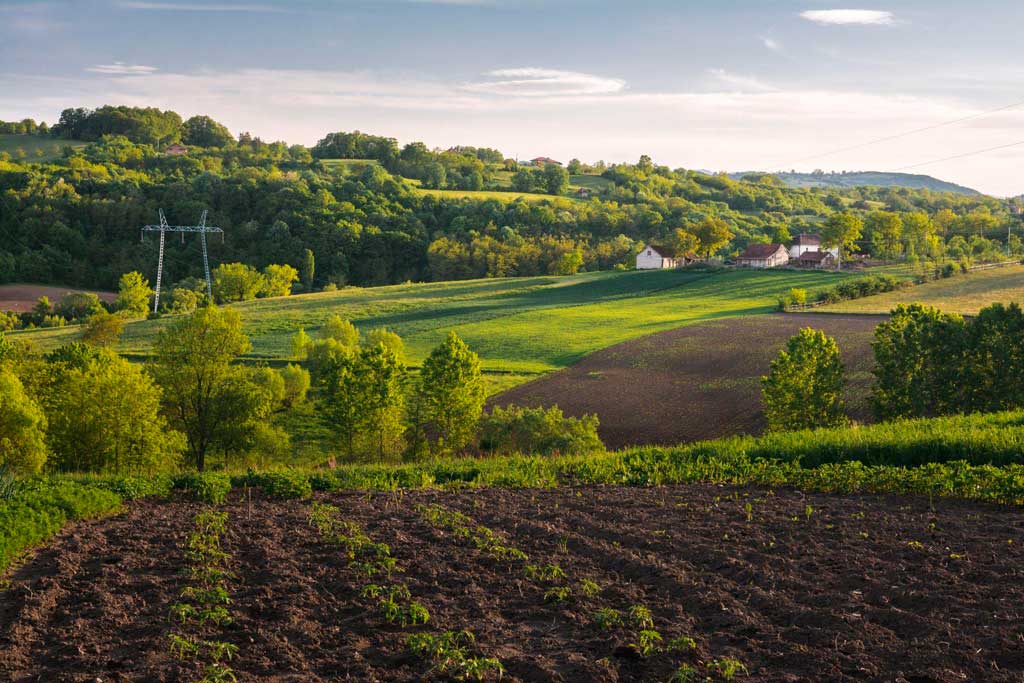Virkar Group holds a strong commitment to good agricultural practices. We understand that sustainable agriculture is essential to care for the planet and the environment of both the present and the future.
Direct sowing aligns with the necessary sustainability and efficiency, which is why our company works day after day to develop high-tech sowing machines. Machines that make the producer’s work easier, meet the needs of their fields, and care for the soil.
The benefits that direct sowing can bring to your crops
Agriculture has undergone constant evolution in search of practices that improve crop yields. In this context, direct sowing has become a crucial approach, leveraging the most advanced knowledge about the importance and conservation of agricultural soil. Some of the benefits that direct sowing brings to your crops include:
- Soil Conservation
Avoiding intensive tillage minimizes soil erosion caused by wind and water. This approach preserves soil structure, prevents excessive compaction, and promotes a healthy environment for plant root growth. - Moisture Retention
By not disturbing the soil’s surface layer, water loss through evaporation is reduced. This is especially beneficial in areas with water scarcity or regions prone to drought, maintaining greater water availability for the plants. - Time and Cost Savings
No-till sowing can be faster and less expensive than traditional tillage methods. It eliminates the need to prepare the soil with plowing, harrowing, or other implements, saving time and reducing costs related to machinery and fuel. - Improvement of Soil Quality
By leaving residues from previous crops on the soil surface, no-till sowing promotes the decomposition of organic matter, enriching the soil with nutrients and improving its structure. This increases soil fertility and its capacity to retain water and nutrients. - Reduction of Pollution
No-till sowing helps reduce soil and water pollution by preventing erosion and sedimentation in nearby water bodies. Additionally, it minimizes the use of machinery and the burning of residues, thereby decreasing the emission of pollutants and protecting the environment. - Greater Biodiversity
No-till sowing creates a favorable environment for biodiversity by maintaining crop residues in the field. This provides shelter and food for beneficial organisms, contributing to a healthy ecological balance and natural pest control. - Greater Efficiency in Input Use
It allows for more precise distribution of seeds, fertilizers, and chemicals, reducing waste and optimizing their use. This can lead to significant savings in inputs and costs.
Virkar: The Choice for Efficient No-Till Sowing
At Virkar, we offer efficient and technologically advanced sowing machines. Our models, such as Dynamic DC, Dynamic D, Dynamic C, and DD, stand out for their maximum adaptability and flexibility. Explore our machines in action through multimedia content and review the technical details to make an informed decision.
Personalized Advice for Successful No-Till Sowing
When considering no-till sowing, it is essential to evaluate factors such as the size and configuration of the seeder, seed spacing and depth, pressure adjustments and disc angle, and the seed dosing system. At Virkar, our interdisciplinary team of professionals is ready to provide personalized advice and help you make the best decision for your field.
Choose Your Next No-Till Seeder with Virkar
Discover our models and choose your next no-till seseder. You can see our no-till machinesin action through multimedia content and review the technical details.
Contact us for a quote tailored to your needs and learn about the technical specifications of all our products by calling +34 938 043 387.
At Virkar, we are committed to providing you with the perfect solution to optimize your sowing and agricultural performance.

Sustainable strategies in agriculture with no-till sowing
No-till sowing, a technique deeply rooted in modern agriculture, promotes a series of good practices that significantly contribute to the sustainability of agricultural systems. By minimizing soil disturbance and preserving its natural structure, farmers can reap multiple long-term environmental and economic benefits.
Integrated Weed Management
In no-till sowing, integrated weed management plays a crucial role. Instead of relying exclusively on herbicides, mechanical and cultural methods are encouraged to control weeds. This includes crop rotation, the use of cover crops, and the implementation of minimum tillage practices. By adopting this holistic approach, farmers can reduce selective pressure on weeds and prevent the development of herbicide resistance.
Water conservation and erosion prevention
Another good practice associated with no-till sowing is water conservation and soil erosion prevention. By leaving crop residues on the soil surface, runoff is reduced and water infiltration is improved. This helps conserve soil moisture and prevents nutrient loss through leaching. Additionally, maintaining vegetation cover on the soil reduces erosion caused by wind and water, thereby protecting soil structure and preserving its long-term fertility.
Promotion of Biodiversity
No-till sowing also promotes biodiversity in agroecosystems. By minimizing soil disturbance, it creates a more favorable habitat for a variety of beneficial organisms, such as earthworms, pollinating insects, and soil microorganisms. This biological diversity contributes to soil health and the balance of the agricultural ecosystem, reducing the need for external inputs and promoting resilience against pests and diseases.
In summary, no-till sowing not only offers clear benefits in terms of soil conservation and resource use efficiency but also promotes a range of good agricultural practices that are essential for the long-term sustainability of farming. By adopting a comprehensive approach that addresses aspects such as weed management, water conservation, and biodiversity, farmers can maximize the benefits of this innovative technique and contribute to the development of more resilient and sustainable agricultural systems.
